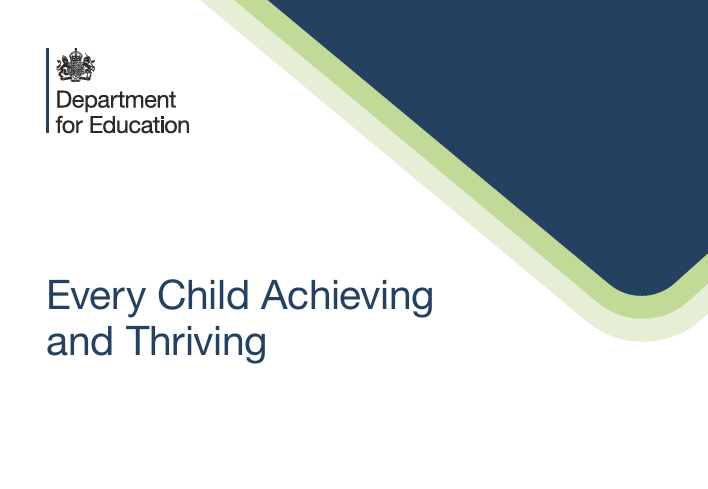
This year’s Future Fwd survey, in conjunction with Warwick Schools Foundation, asserts that both parents and business leaders have increased confidence in the preparedness of school leavers compared to the previous year. However, there is a shared desire – between them and school leavers – to further develop skills and experiences that increase future-readiness and employability.
Two salient aspects arose from this market research:
Communication Skills
The report asserts a shared belief in the importance of improved communication skills. From the parents who were surveyed, 71% of respondents said that they would like to see the teaching of communication skills developed further as part of their child’s education.
Business leaders agreed. When asked what skills they think that schools should focus on, nearly three-quarters (73%) of the 124 respondents said communication skills – assuming a dissonance between the current and desired levels of delivery.
The importance of communication skills was also underpinned by school leavers; when they were asked which skill they learned at school was most valuable, the most frequent answer was communication skills.
The importance of developing communication skills, then, is clear.
However, whose responsibility it is to teach these communication skills is perhaps more complex. 35% of business leaders, for example, felt as if families are responsible. This suggests that one of the weak points within the education system is not only schools’ effectiveness in teaching communication skills, but also families’ understanding of their role within their child’s education, or how they can assist in delivering and reinforcing these skills to their children.
Work Experience
When asked how businesses rank applicants, 83% of respondents considered experience in the workplace to be important – even more so than level of education (80%). In fact, it was deemed to be the single most important education outcome that they look for.
Further, while the survey highlighted a 15% increase in the number of business leaders who felt confident that young people were appropriately prepared for the world of work, this figure is still only around half (51%). Therefore, while schools are perhaps doing a better job to prepare their young people for their life beyond school, there is still room for improvement.
In order to further increase business leaders’ confidence, and to improve the extent to which these skills are delivered through education, businesses suggested that they should have a closer relationship with education.
It can be concluded that closer integration through enhanced work experience would support both increase employability and dialogue between education and business, whilst reducing the dissonance between what employers want and what the education system currently delivers.
Future Fwd clearly has a role to play in continuing to bridge these gaps between schools, families, and businesses.
If you would like a copy of the report, please complete the form below to have your copy emailed to you.
Alternatively, if you would like to explore ways in which we can help with your project, please visit our Products and Services page, or Contact Us.

